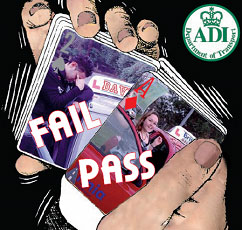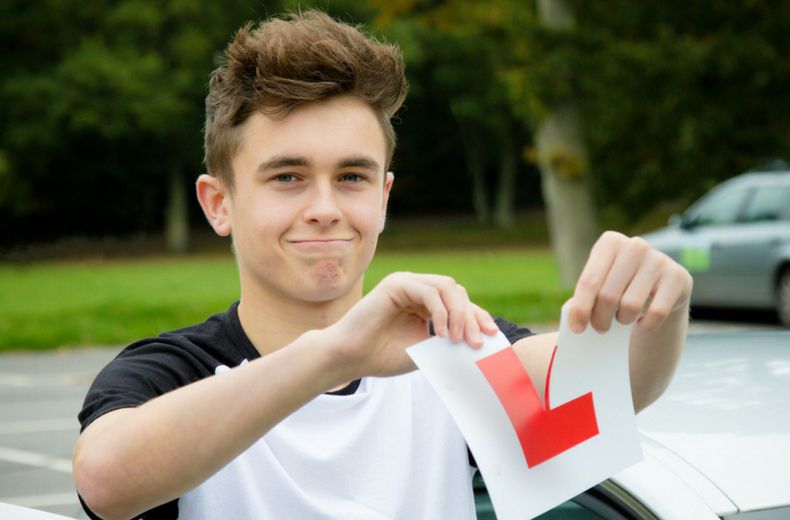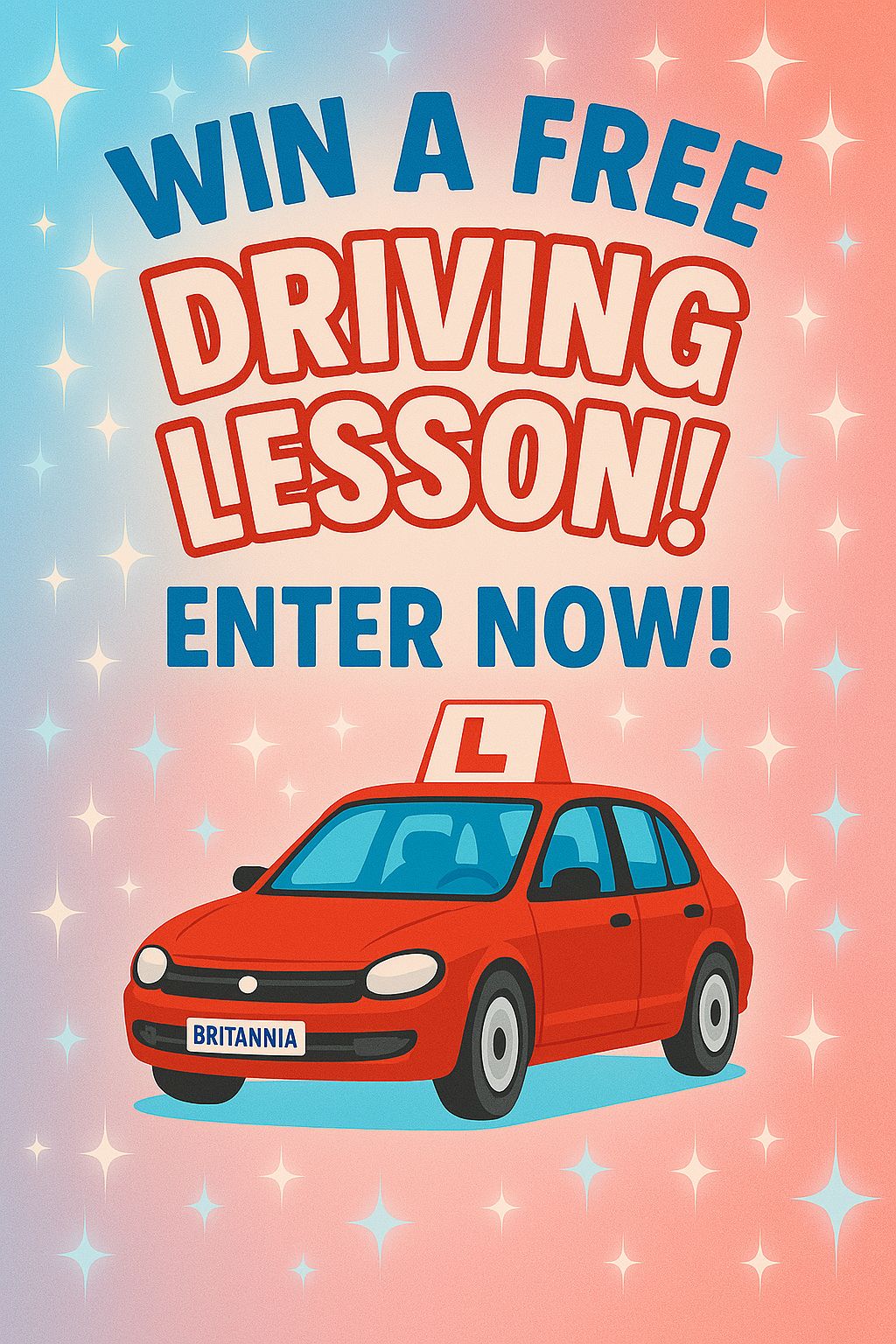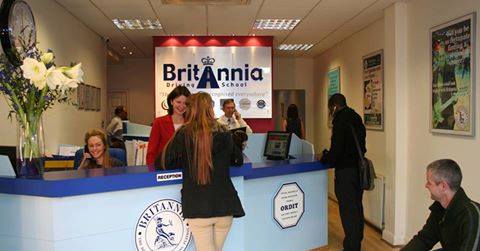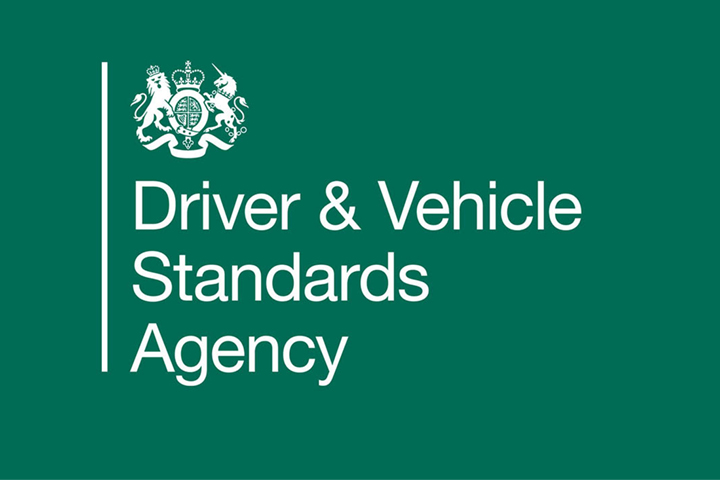Learning to drive is one of life’s biggest milestones-right up there with graduating, getting your first job, or finally parallel parking without traumatising the curb. But when it comes to lessons, learners often face a fork in the road: intensive driving courses or weekly lessons. So, buckle up-we’re about to take this debate for a spin.
Intensive Driving Courses: Pedal to the Metal
Pros:
• Speedy Pass: Need your licence yesterday? Intensive courses are the motorway to freedom. Britannia Driving School offers 15-hour packages over just six days at shockingly sensible prices. That’s faster than your mum saying, “I’m not your taxi service.”
• Full-Throttle Focus: With lessons packed tighter than the Tube at rush hour, you’ll barely have time to forget clutch control.
• Confidence Boost: The non-stop immersion makes driving feel less like an alien activity and more like… well, driving.
Cons:
• Brain Drain: Four hours a day in a car can leave your brain running on empty. (Warning: coffee not included.)
• One-Size Doesn’t Fit All: Some people need more pit stops. If you learn best with breaks, you may find yourself stalling.
• Pressure Cooker: Tests often follow immediately. It’s like doing karaoke in front of Simon Cowell when you’ve only practised in the shower.
Weekly Driving Lessons: Cruise Control
Pros:
• Steady Progress: One to three lessons a week means you learn slowly, like a slow-cooked stew. And who doesn’t prefer that over a microwave meal?
• Easy on the Wallet: Pay-as-you-go (with block booking discounts) keeps your bank account from skidding into overdraft.
• Fits Around Life: Whether you’re balancing school, work, or a Netflix marathon, weekly lessons slide neatly into your schedule.
• Great for Nervous Drivers: Extra time between lessons lets you reflect—without reflecting off someone’s bumper.
Cons:
• It’s a Marathon, Not a Sprint: With around 45 professional hours needed, weekly learners may be in it for the long haul.
• Forget-Me-Nots: Long gaps risk you forgetting what you’ve learned-like mirror-signal-manoeuvre turning into mirror-signal-erm… what was it again?
• Booking Battles: Snagging your favourite instructor’s slot can feel harder than finding parking in central London.
What Do the Experts Say?
At Britannia Driving School, learners get the best of both worlds. Nervous beginners thrive under patient instructors, while fast trackers benefit from competitively priced crash courses.
One Trustpilot reviewer nailed it: “My instructor was patient, calm, and really boosted my confidence. I passed first time!”. That’s the kind of testimonial that makes stalling almost sound cute.
Final Thoughts: Which Lane is Yours?
If you’re racing against the clock, intensive courses are your turbo boost. If you’d rather enjoy the scenery (and the occasional tea break), weekly lessons are your best lane. Either way, Britannia Driving School will steer you right-with expert instructors, modern cars, and prices that won’t make your wallet put on the handbrake.
Because whether you’re zooming or cruising, the finish line is the same: confidence, independence, and that sweet, sweet Driving Licence.
 Buy Gifts Vouchers Here
Buy Gifts Vouchers Here Intensive Driving Courses
Intensive Driving Courses Driving Test Booking Services
Driving Test Booking Services


